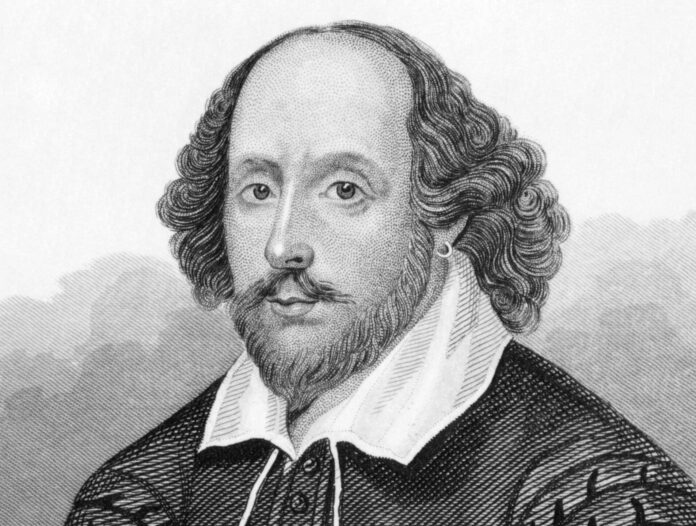William Shakespeare wrote 39 plays, 154 sonnets, and three narrative poems over the course of his life. However, some believe that Shakespeare didn’t actually write these works himself. His authorship has been questioned throughout history, but should it be?
The first questions about Shakespeare’s authorship surfaced in the 19th century. At the time, he was already considered the greatest writer of all time, and his works and life became a subject of thorough analysis. Soon, a theory was proposed that claimed Shakespeare couldn’t possibly write the works he was attributed because of his humble origins, lack of details about his personal life, and the fact that he didn’t receive a high education nor had an “aristocratic sensibility” to be able to write in such manner.
The proponents of the theory claim that Shakespeare was just a front face for another author or a group of authors who didn’t want to reveal their identity for some reason. The list of proposed “real authors” includes English philosopher and statesman Sir Francis Bacon and playwriter and poet Christopher Marlowe.
While the theory became popular and persisted to modern times, Shakespeare scholars offered a number of arguments to debunk it. For starters, Shakespeare’s authorship was never questioned during his life of centuries. Also, there have been plenty of historical records that support Shakespeare’s authorship of his works. This includes title pages with his name, official records, and testimonies from historians and his contemporaries.
Additionally, Shakespeare scholars point out that there have been plenty of playwriters who wrote about similar subjects while being from humble origins and having scarce biographies.
Everything points that Shakespeare wrote the works to which he is attributed, and questions about his authorship serve as another proof of his genius.

